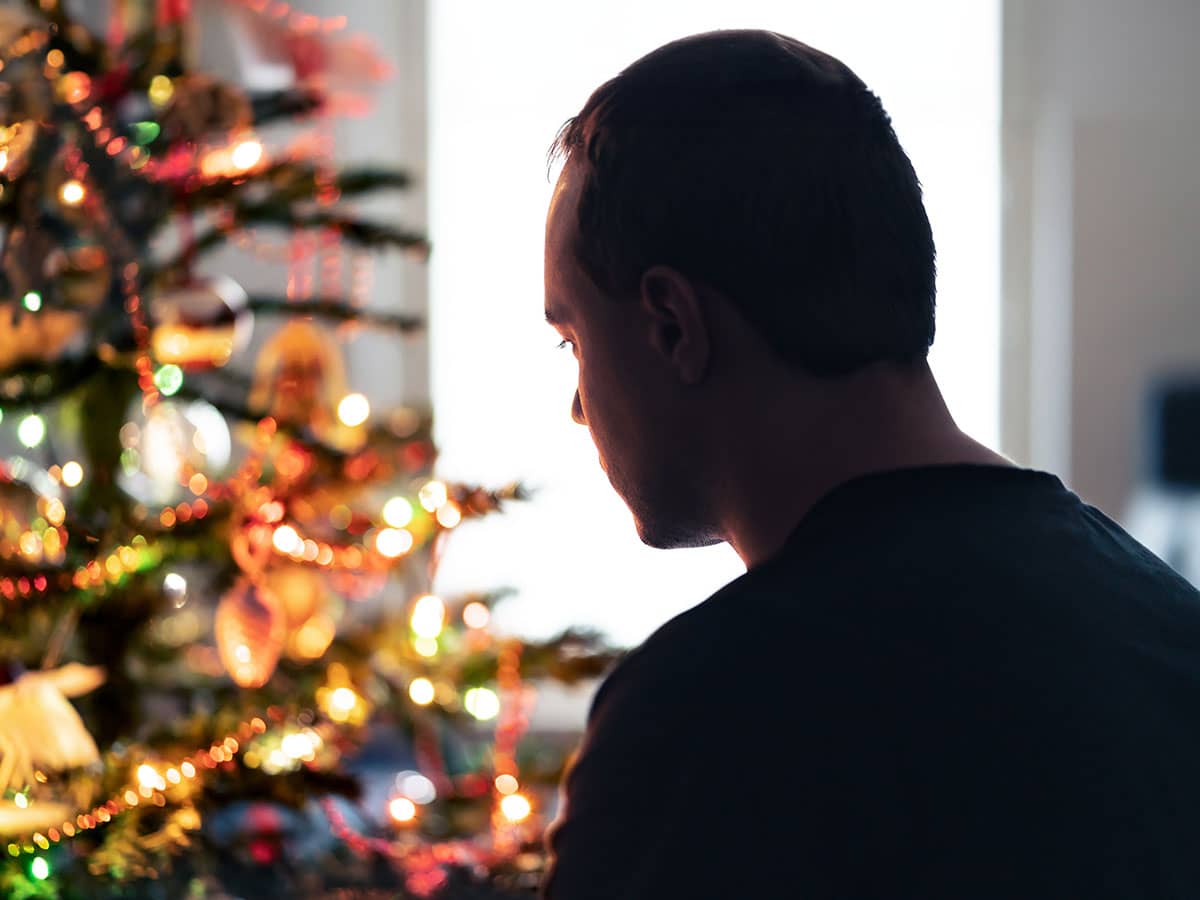But in the unusually warm days leading up to this year's Passover, residents of one Moscow neighborhood have been treated to the nostalgic sight of a jovial, sometimes jostling line of people queuing for matzah--subsidized matzah.
"The demand for matzah is a good indicator of Jewish life," said Mordechai Weisberg, 28, the Israeli citizen in charge of distributing 200 tons of the unleavened bread at the Maryina Roshcha Synagogue, up from 150 tons last year.
Weisberg said the synagogue, one of five in Moscow, has a computer database of 80,000 area Jews it serves in this city of 10 million. Matzah consumption on the first night of Passover, which marks ancient Israel's freedom from Egyptian slavery, is an important first step for Russia's overwhelmingly secular Jews, he said.
"I'd say that 99 percent of those 80,000 people are not religious, but this is the one thing they can do," said Weisberg, a bearlike man who is a member of the strictly observant, Brooklyn-based Chabad Lubavitch. "They don't keep the laws, they don't live the life, but what are we going to do, drive them out? No, we'll wait."
Despite Lubavitch subsidies that shave off about one-third of the price of the Israeli-made matzah, each colorful box costs 35 rubles, about $1.23, or enough to buy seven loaves of locally made bread. The boom in matzah purchases at the Maryina Roshcha Synagogue is all the more poignant because this was the site of an unsolved 1993 arson that destroyed the structure and a 1998 bombing, also unsolved, that blew a hole in a brick wall.
Today, a tall iron fence and round-the-clock security men provide a degree of protection to worshippers and those working on an adjacent seven-story, $11-million Jewish community center due to open in September.
Elsewhere in the Russian capital, anecdotal evidence abounds of a general revival in Jewish life. Since last fall, two worship centers have opened, one for Reform Jews and the other for Orthodox Sephardic Jews. Just this month, another tony restaurant added a Jewish menu, bringing to eight the number of Jewish eateries that adhere to varying degrees to keeping kosher.
Ironically, the number of Jews emigrating from Russia to Israel more than doubled last year to about 31,000, a figure that is not expected to change significantly this year.
"We are expecting similar numbers," said Michael Jankelowitz, a spokesman for Israel's Jewish Agency, in a telephone interview from Jerusalem. "On the ground nothing has changed. The economy has not stabilized. The war in Chechnya has not led to a stabilization of the political situation."
Jankelowitz, whose quasi-governmental agency helps resettle Jews in Israel, attributed the jump in emigration to continued anti-Semitic incidents and little faith in the Russian economy in the wake of the brutal 1998 devaluation of the ruble. Figures are hard to come by, but some estimates put the number of Jews living in Russia at about 500,000, and in Moscow at more than 200,000.
As Weisberg explained, one reason for the difficulty with statistics is that "the more Jews that leave Russia, the more people that keep stepping forward and saying they are Jewish."
In Moscow, the migration of Jews from Russia's volatile Caucasus region has changed and invigorated the city's religious life. Many of the new arrivals are Mountain Jews, people from the Caucasus who speak a Persian dialect and are renowned for their piety and adherence to tradition.
"I'm not especially religious but I want to help my people whenever possible," said Gilalov, adding that maintaining religious traditions would be key to the survival of Mountain Jews' language and culture.
On the other side of Moscow, Rabbi Haim Ben-Yakov, of the Union of Religious Organizations of Progressive Judaism in Russia, inaugurated Moscow's first center for the city's estimated 1,000 Progressive Jews, the Russian equivalent of Reform Jews.
"I think there is some kind of renaissance going on," said Ben-Yakov, 30, who was born here and moved to Israel in 1989. Since the center's opening in the fall, he said, interest in Progressive Judaism has taken off, especially among the young.
"These aren't just people who have nothing else to do, people who are on pensions and just want to get out of the house," said Ben-Yakov, a man with large brown eyes and an earnest manner. "These are busy people and they are the future of Judaism here."
As evidence of a Jewish revival, Ben-Yakov pointed to a modest but distinct wave of Russian-born Israelis who had chosen to return to live in Moscow.
The Israeli Embassy in Moscow said it does not maintain such figures.
"A lot of Jews can make money here that they cannot dream of making elsewhere in the world, despite all the economic crises, collapses and so on," Ben-Yakov said.
Most of Moscow's Jews, however, are of quite modest means, like the general population. Dimitry Karpov, a 32-year-old Webmaster for an academic institution's Internet site, lined up on a recent weekday for matzah to celebrate Passover with his parents in the apartment they share.
Although he is not a religious Jew, Karpov said he makes a point every year at Passover to purchase a few boxes of matzah.
"Everyone needs a basis to their life," he said, packing a box of matzah into his worn knapsack. "This is mine."

